Recommended links

The ABC Global Alliance established in 2016 as an initiative of the European School of Oncology and now registered as a non-profit association in Portugal, is a multi-stakeholder platform for all those interested in collaborating on common projects relating to advanced breast cancer with the aim to improve and extend the lives of women and men living with ABC in all countries worldwide and to fight for a cure.
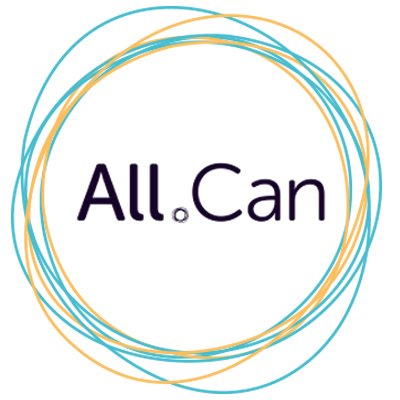
All.Can is an international multi-stakeholder not-for-profit organisation working to improve the efficiency of cancer care by focusing on what matters to patients.
Its membership includes representatives from patient organisations, policymakers, healthcare professionals, research and industry.
For All.Can, efficient cancer care delivers the best possible health outcomes using the human, financial, infrastructural and technological resources available, with a focus on what really matters to patients and society.
Achieving greater efficiency requires putting patients at the centre, promoting an evidence-based and data-driven learning system, investing in technology, breaking down silos, scaling up good practices, and implementing appropriate policies and incentives.

The American Society of Clinical Oncology strongly supports all types of cancer research, particularly, patient-orientated clinical research.

The Breast International Group is a “communications network” rather than a clinical research group. BIG enables its members to get together in an organised way to discuss and collaborate on clinical trials.
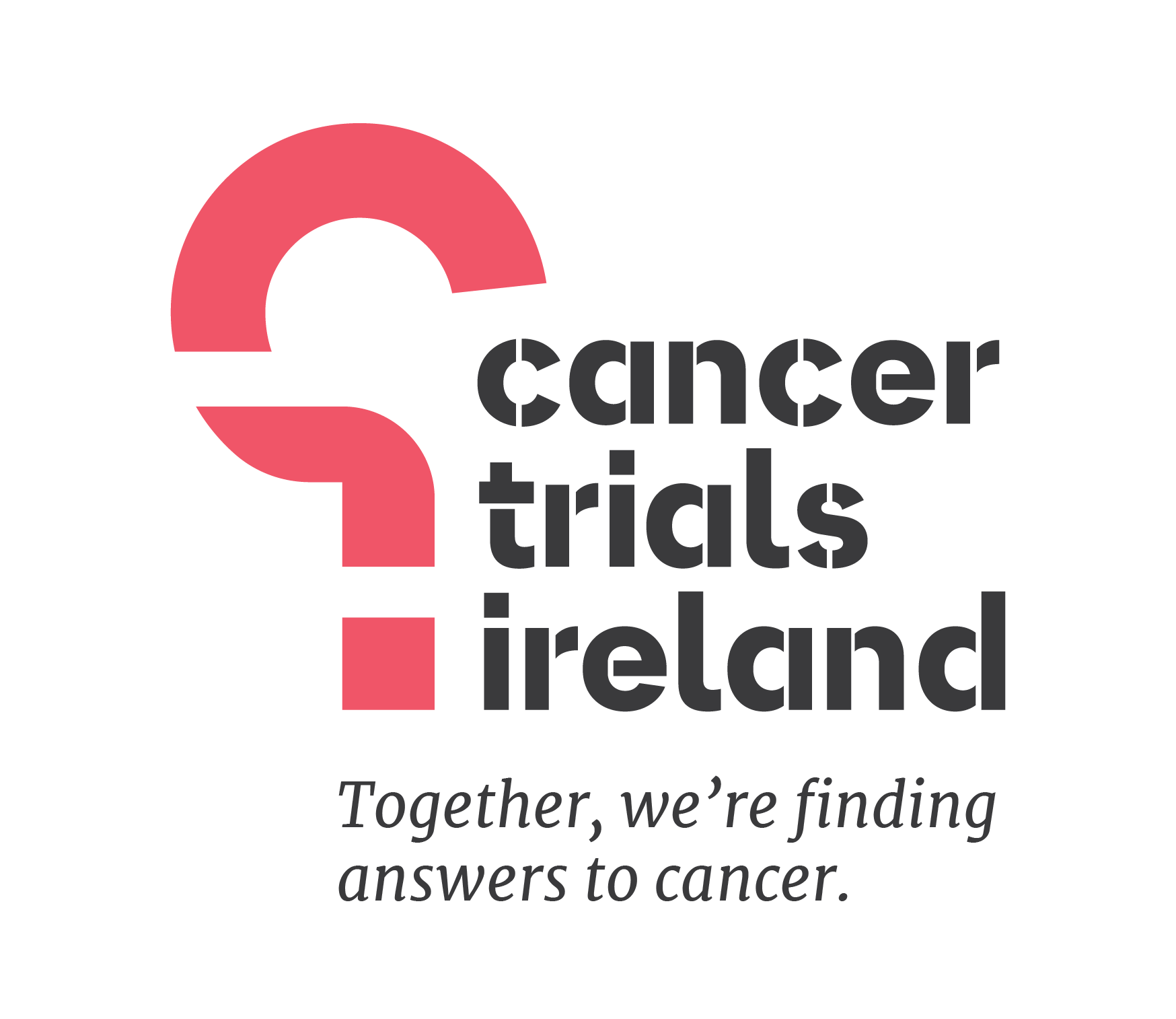
Cancer Trials Ireland is the leading cancer research trials organisation in Ireland, working with top oncologists, haematologists, and research specialists. We oversee 100’s of trials, supporting thousands of patients. As a not-for-profit, we are funded by the HRB, Irish Cancer Society, philanthropy, and industry partnerships. We drive policy, training, and international collaboration to expand cancer trials and improve patient outcomes.

This comprehensive toolkit is designed to support individuals recently diagnosed with cancer, helping them feel less overwhelmed and providing valuable resources to enhance their treatment and overall well-being. It offers guidance on:
- Living well with cancer and beyond
- Reducing cancer risks
- Exploring an integrative approach to cancer care and wellness
Whether you’re newly diagnosed, a caregiver, or simply interested in integrative cancer care, this educational resource empowers you with knowledge and tools to navigate the journey with confidence.
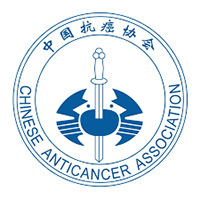
The Chinese Anti-Cancer Association (CACA), founded in 1984, has a mission to unite people involved in all branches of oncology and others with a similar interest in fighting cancer. CACA aims its utmost efforts at organizing scientific cooperation and conferences, promoting international non-governmental exchanges, conducting various training courses and seminars, fostering scientific, technological and medical personnel in the field of oncology, compiling and publishing academic periodicals, and mobilizing social forces to take part in popularization and dissemination of the knowledge of tumour prevention. Globally, the association is interested in organizing academic meetings with international colleagues in order to cultivate friendly ties with overseas oncology organisations and individuals.

Critical Reviews in Oncology/Hematology (CROH) has become the official journal of ESO. CROH publishes scholarly, critical reviews in all fields of oncology and hematology, as well as reviews and original research articles in the field of geriatric oncology. The journal also facilitates the diffusion of ESO articles.

Digestive Cancers Europe (DiCE) is the European umbrella organisation of a large group of national Members representing patients with digestive cancer – colorectal, gastric, pancreatic and rare cancers. Its mission is to contribute to early diagnosis and decreased mortality from digestive cancers and to increase overall survival and quality of life.
DiCE was established in 2018 by Jolanta Gore-Booth, Stefan Gijssels, and Prof. Dr. Eric Van Cutsem. It grew from Europacolon that was founded in 2005 by Jolanta Gore-Booth.
In Europe, around 800,000 citizens get diagnosed with a digestive cancer every year, and 500,000 of them die. The facts demonstrate that a significant part of these deaths is avoidable.
The use of best practices can save a lot of lives. Unfortunately, there is not one country in Europe where best practices are applied systematically. DiCE wants best practices to be applied everywhere so that citizens across Europe can gain access to the best high-quality cancer care.
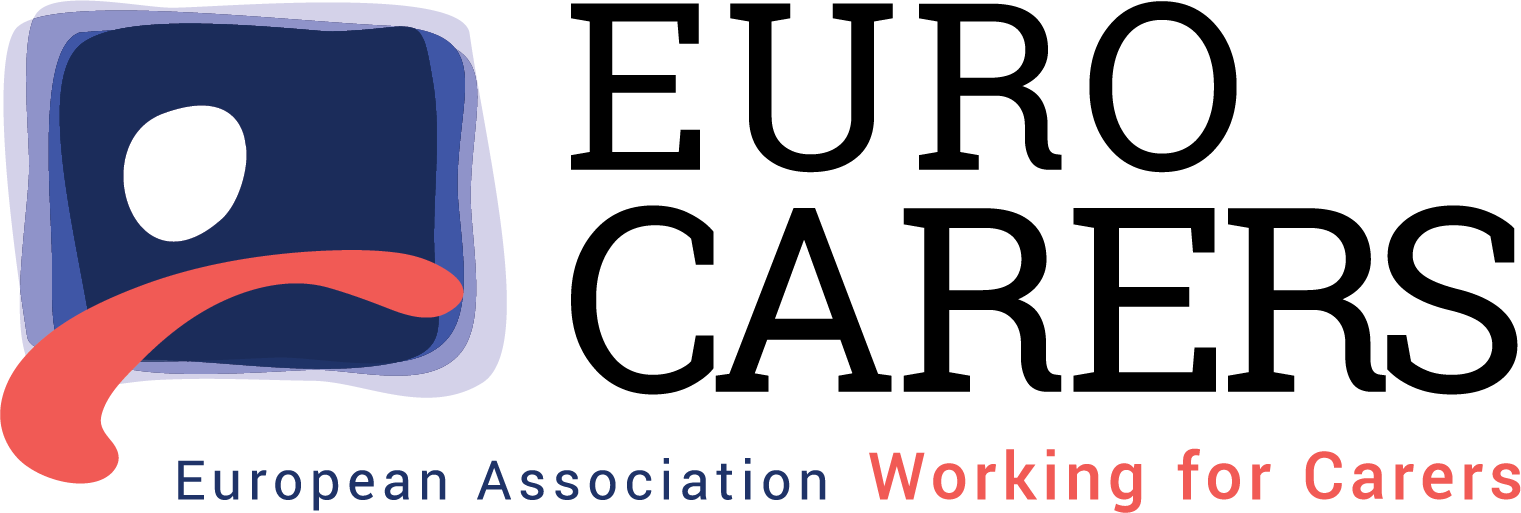
Eurocarers brings together carers’ organisations as well as relevant universities & research institutes – a unique combination that enables evidence-based advocacy. Our network works to ensure that care is valued and unpaid care is recognised as central to the sustainability of health and long-term care systems. We believe that carers’ know-how and needs are worth listening to and people should have the right to choose freely whether they want to be a carer, and to what extent they want to be involved in caring. Our aim is therefore to act as a voice for informal carers, irrespective of their age or the particular health need of the person they are caring for.
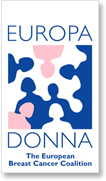
EUROPA DONNA is an independent non-profit organisation whose members are affiliated groups from countries throughout Europe. The coalition works to raise awareness of breast cancer and to mobilise the support of European women in pressing for improved breast cancer education, appropriate screening, optimal treatment and increased funding for research. EUROPA DONNA represents the interests of European women regarding breast cancer to local and national authorities as well as to institutions of the European Union.

Europa Uomo is a European advocacy movement representing 27 prostate patients’ groups in countries across Europe.
They work to improve diagnosis, treatment and support by influencing policy at national and international level.
They collaborate with health professionals throughout Europe to help them understand patient perspectives.
Most importantly, Europa Uomo supports their member organisations as they strive to improve services and awareness in their own countries.

The EACR is a professional membership association and global community for those working and studying in cancer research, with more than 10,000 members worldwide. its mission is “The advancement of cancer research for the public benefit: from basic research to prevention, treatment and care.”
The EACR facilitates communication and collaboration within the cancer research community, provides a wide variety of services to its community of members, and organises scientific conferences of the highest quality.

As the not-for-profit federation of Member Societies working in cancer at a European level, the European Cancer Organisation convenes oncology professionals and patients to agree policy, advocate for positive change and speak up for the European cancer community.
The European Cancer Organisation aims to reduce the burden of cancer, improve outcomes and the quality of care for cancer patients, through multidisciplinarity and multiprofessionalism.
The European Cancer Organisation is the organiser of the annual European Cancer Summit.
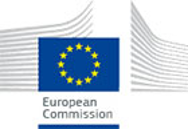
This site is managed by the Directorate-General for Health and Food Safety and it facilities the access of public-related health information to European Union citizens.
The main objective of this thematic portal is to provide European citizens with easy access to comprehensive information on Public Health initiatives and programmes at EU level.
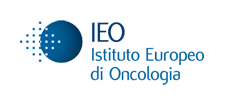
The IEO (European Institute of Oncology) is one of the world’s most prestigious hospitals and the fastest growing comprehensive cancer centre in Europe. IEO integrates the various areas related to the fight against cancer such as prevention, diagnosis, treatment, training and education, basic and translational research.
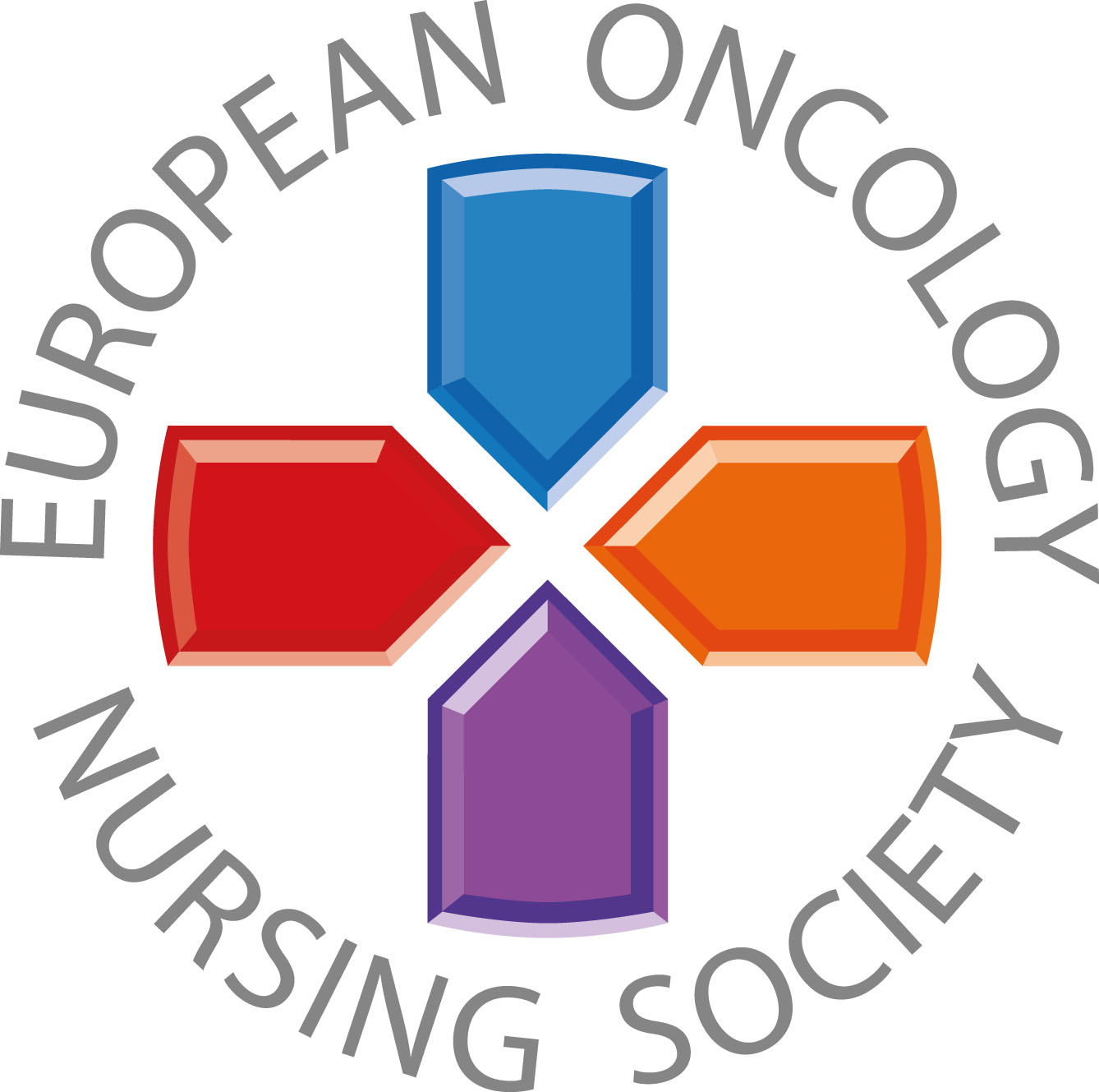
The European Oncology Nursing Society (EONS) is a pan-European membership organisation for cancer nurses with a current membership of almost 28,000 cancer nurses from all over Europe, the largest group of healthcare workers in the oncology workforce.
EONS provides leadership in all areas of cancer nursing: research, practice, continuing education, communications and advocacy for better recognition of cancer nursing across Europe.
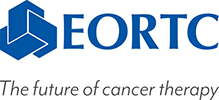
European Organisation for Research and Treatment of Cancer (EORTC) is aimed at conducting, developing and coordinating laboratory and clinical research in Europe to improve the management of cancer and its related problems by increasing survival and the patients’ quality of life.
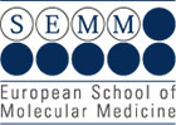
SEMM is a private Foundation for higher education in biomedicine established in 2001, which aims to promote training and research within emerging sectors of biomedicine, such as genomics, molecular medicine, nanotechnologies and bioethics.
Together with the University of Milan and of the University of Naples, SEMM has created training programs that integrate basic research and clinical practice.
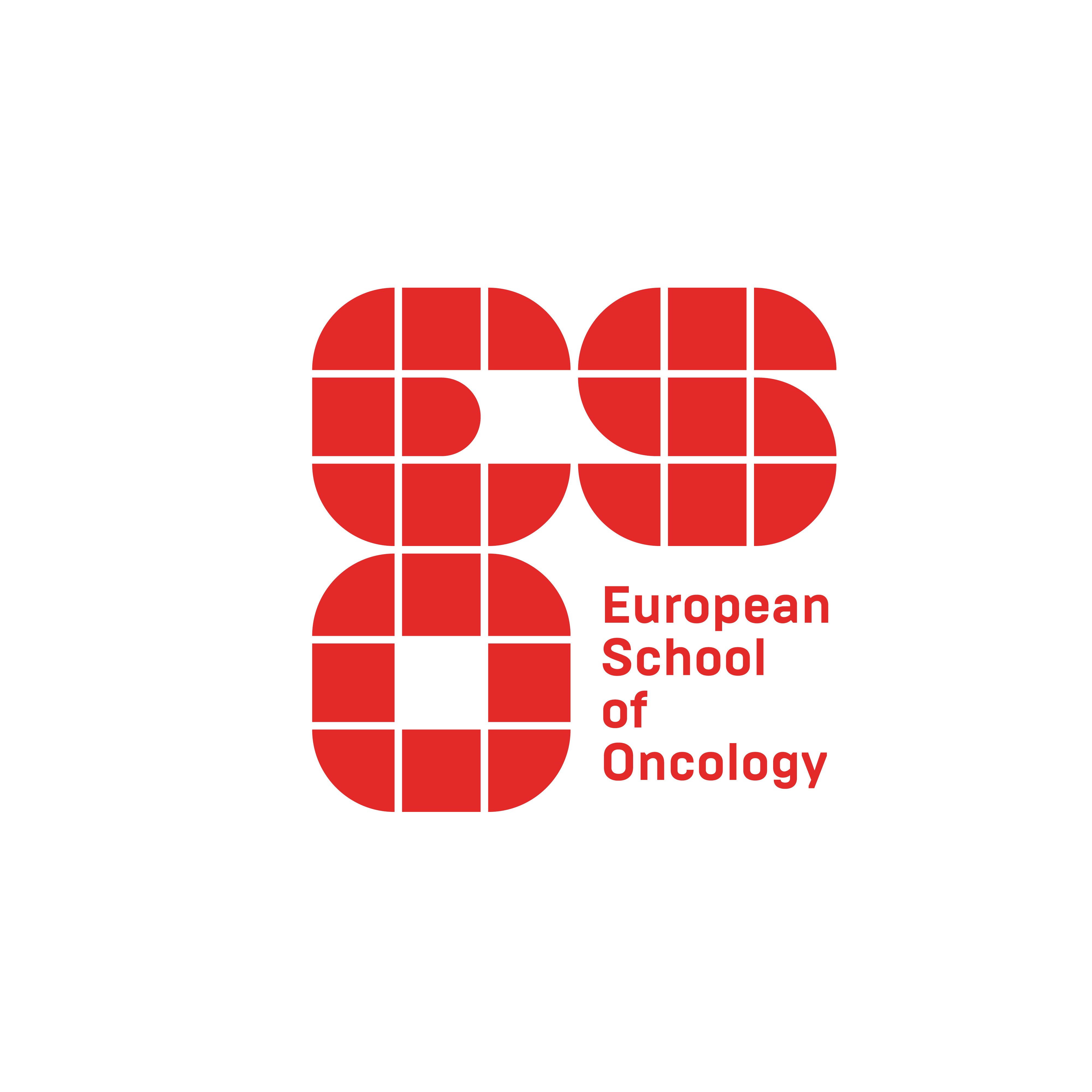
ESO was originally founded in 1982 by Umberto Veronesi and Laudomia Del Drago who were passionate about reducing the number of cancer deaths as a result of late diagnosis or inadequate treatment. Today ESO is continuing that passion by providing oncology education that helps improve the treatment of cancer patients. Through an extensive learning programme, ESO is reaching areas where education is most needed, both geographically and scientifically.

ESMO (European Society for Medical Oncology) has been created in Europe with the purposes of advancing the art, science, and practice of medical oncology and disseminating knowledge, in order to maintain a high common standard in medical practice for cancer patients.

Since its foundation in 1986, as a non-profit society, EUSOMA has identified that diagnosis and treatment of breast disease, and in particular breast cancer, are managed in widely different ways across Europe.
EUSOMA aims to: 1) promote scientific research and increase contacts between scientists and health care professionals involved in breast cancer care; 2) improve and harmonize the level of patient care throughout Europe; 3) bring this to the attention of the appropriate Authorities; 4) foster training and post-graduate programmes in breast disease at National and International levels.
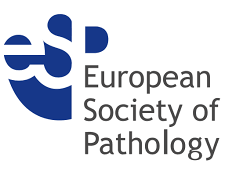
The European Society of Pathology is the leading force in European pathology. The primary aim of ESP is to promote high quality diagnostic practice, applied and translational research, under- and postgraduate education in the field of human pathology.
This is achieved through ESP congresses, the Virchows Archiv journal and the European School of Pathology, which organises a variety of postgraduate courses and quality assurance projects in diagnostic molecular pathology.
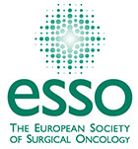
The European Society of Surgical Oncology, ESSO, was established in 1981 to support its members in advancing the science and practice of surgical oncology for the benefit of cancer patients.
ESSO’s mission is to support its members in advancing the science and practice of surgical oncology for the benefit of cancer patients. The Society aims to achieve this through a range of activities related to education, research and leadership in multidisciplinary care.

The International Network for Cancer Treatment and Research (INCTR) is a not-for-profit, non-governmental organization based in Brussels. The INCTR is dedicated to helping to build capacity for cancer treatment and research in countries in which such capacity is presently limited, and thereby to create a foundation on which to build strategies designed to lessen the suffering, limit the number of lives lost, and promote the highest quality of life for children and adults with cancer in these countries, and to increase the quantity and quality of cancer research throughout the world.
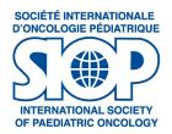
SIOP is the only global multidisciplinary society entirely devoted to paediatric and adolescent cancer.
The society has over 2,600 members worldwide including doctors, nurses, other health-care professionals, scientists and researchers. Our members are dedicated to increasing knowledge about all aspects of childhood cancer.
SIOP’s vision is that no child should die of cancer: cure for more, care for all.
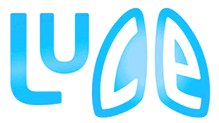
Lung Cancer Europe is the voice of lung cancer patients, their families and survivors at a European level. LuCE provides a European platform for already existing lung cancer patient advocacy groups and supports the establishment of national lung cancer patient groups in different European countries where such groups do not yet exist.
LuCE aims to raise awareness about inequities regarding the access to lung cancer treatment and care in Europe. Moreover, it advocates European policies that will lead to improvements in lung cancer prevention, early detection, treatment and care. LuCE also supports national lung cancer patient groups in helping raise awareness for lung cancer among the European public.

The Multinational Association of Supportive Care in Cancer (MASCC) is an international multidisciplinary organization dedicated to research and education in all aspects of supportive care for people with cancer regardless of the stage of their disease. Founded in 1990, MASCC now includes members from more than 70 countries. Because supportive care encompasses all aspects of care, it involves a variety of disciplines and specialists. Membership is open to medical, surgical, and radiation oncologists, nurses, dentists, dental hygienists, pharmacists, social workers, dietitians, outcomes specialists, psychologists, statisticians, infectious disease specialists, educators, representatives from industry and nonprofit sectors, and others interested in supportive care. MASCC is a tax-exempt 501(c)3 corporation. In 1998, MASCC joined forces with the International Society of Oral Oncology (ISOO), an organization that addresses the management of complications arising in oral tissues secondary to cancer and its treatment.
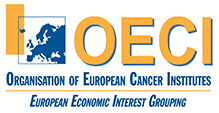
The Organisation of European Cancer Institutes is a non-governmental, no-profit legal Entity established in 1979 to promote greater cooperation among European Cancer Centres and Institutes.
OECI aims to create a critical mass of expertise and competences contributing to the production and dissemination of knowledge, so as to reduce fragmentation and increase competitiveness. These goals are being achieved by promoting and strengthening the concept of “comprehensiveness”, supporting quality in cancer research and care also through a well-structured internal organisation of cancer centres. The final goal is to accelerate the production and application of personalised care approaches, to ensure equal rights to all cancer patients.

Founded in 2000, the International Society of Geriatric Oncology also known as SIOG (French acronym for Societé Internationale d’Oncologie Gériatrique) has been working to foster the development of health professionals in the field of geriatric oncology, for the optimisation of treatment of older adults with cancer. SIOG is a multidisciplinary team of oncology and geriatrics physicians, as well as allied health professionals and expert trainers with a unique collaborative approach to address the rising public health challenges related to ageing and cancer around the world.
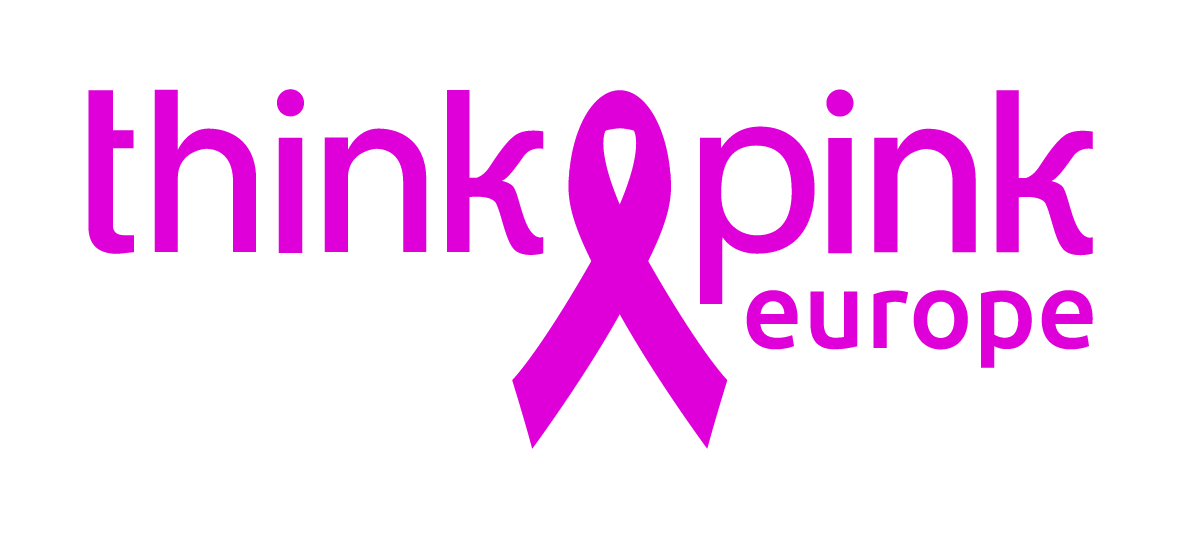
Founded in 2018, Think Pink Europe works to provide non-profit breast cancer organisations with training opportunities and “practical knowledge” that can allow them to strengthen their operative capacities, improve networking and sharing of best practices and implement successful Think Pink Europe programs such as the “Race For The Cure”. Race for the Cure® is the world’s largest walking and running event in the fight against breast cancer.
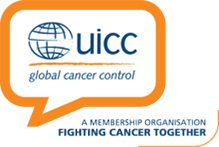
The Union for International Cancer Control (UICC) is the leading international non-governmental organization dedicated to the global prevention and control of cancer. Its mission is to connect, mobilize and support organizations, leading experts, key stakeholders and volunteers in a dynamic community working together to eliminate cancer as a life- threatening disease for future generations. Founded in 1933, UICC unites over 300 member organizations, specialized and engaged in cancer control, in more than 100 countries across the world.